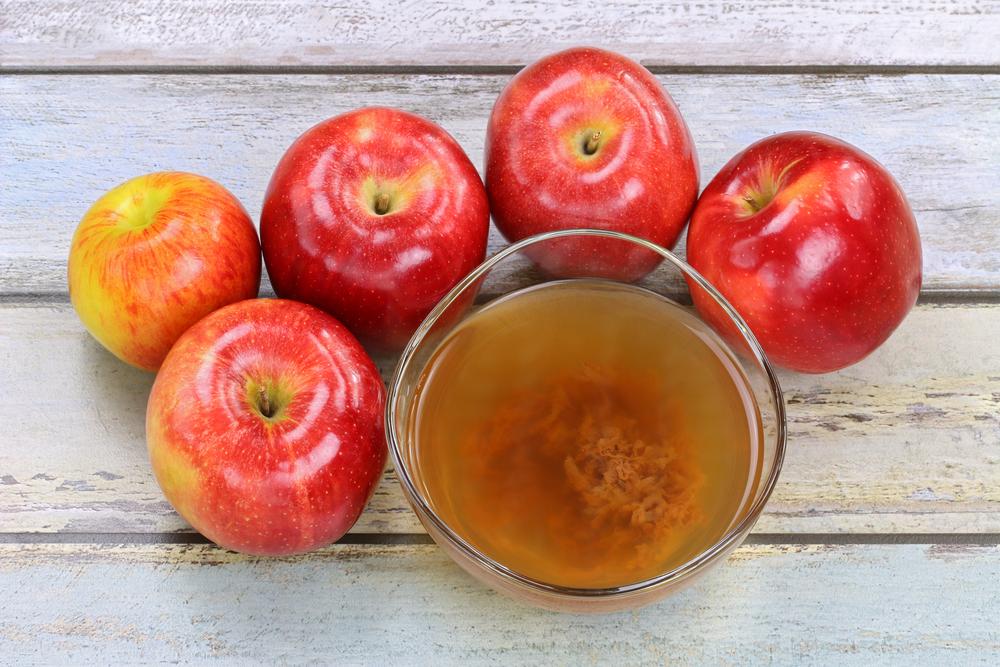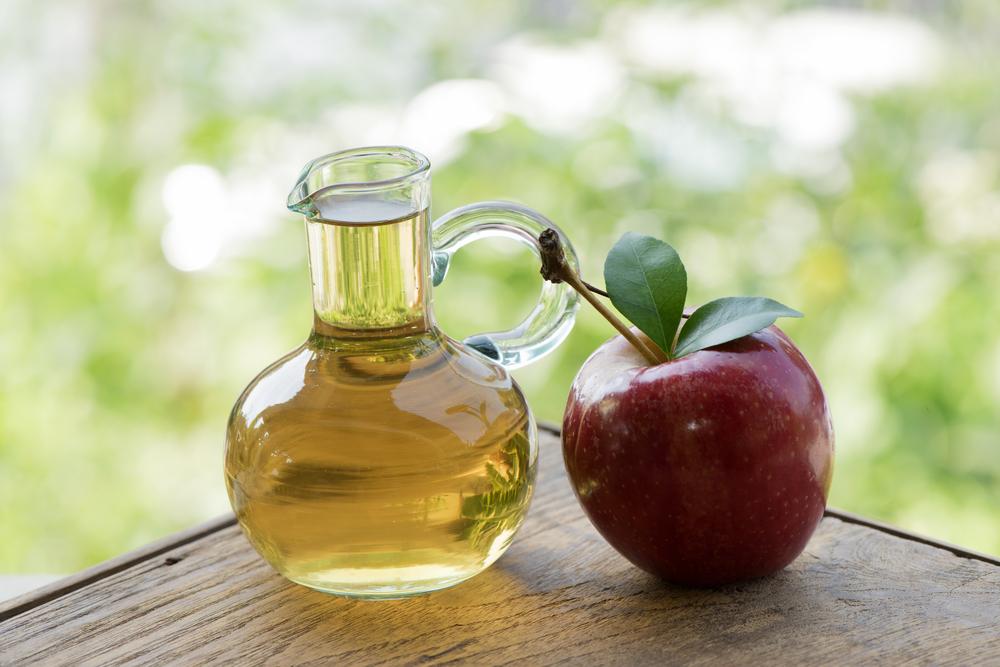Harnessing Apple Cider Vinegar for Blood Sugar Regulation
Discover how apple cider vinegar can support blood sugar management in diabetes. This natural remedy may improve insulin sensitivity and offer an easy, at-home approach to control blood glucose levels. Consult healthcare professionals before incorporating ACV into your routine for better health outcomes.

Harnessing Apple Cider Vinegar for Blood Sugar Regulation
Diabetes continues to rise as a major health concern, resembling an epidemic in many regions. Sedentary habits, unhealthy diets, and lack of physical activity are key contributors to Type 2 diabetes. Interestingly, research suggests that apple cider vinegar (ACV) may offer temporary blood sugar management benefits.
What exactly is apple cider vinegar (ACV)?
ACV is derived from fermented apple juice or cider, created through a slow fermentation process that may last weeks or months, ensuring complete sugar breakdown. For optimal nutritional benefits, choose unpasteurized, raw versions rather than processed types.
Studies by the American Diabetes Association and Arizona State University highlight ACV's potential in managing Type 2 diabetes. Its effective use can help individuals improve insulin sensitivity and blood sugar levels.
Enhancing Insulin Efficiency
Insulin plays a crucial role in maintaining healthy blood glucose levels, but diabetes disrupts its production. Organic, raw ACV can significantly reduce insulin resistance and lower blood sugar, especially if taken before bedtime. Severely diabetic or pre-diabetic individuals may experience insulin level improvements ranging from 19% to 34%. Consuming ACV post-meal, particularly after high-carb foods, can generate notable benefits.
Recommended Daily Intake of ACV for Blood Sugar Control
Excessive intake can be harmful; therefore, 1 to 2 teaspoons or tablespoons daily is sufficient to observe positive effects. Minimal daily consumption usually avoids side effects.
Add honey, salt, or water to mask the pungent flavor of ACV.
Mix ACV with water or cranberry juice for better taste.
Incorporate into salads with olive oil for added flavor and health benefits.
While results may take time, consistent use might contribute to long-term blood sugar management. Always consult healthcare professionals before making significant dietary changes for diabetes control.
Current Diabetes Statistics
In our country, one-third of adults are affected by Type 2 diabetes, totaling 29.1 million cases, with 8 million undiagnosed. Annually, 1.4 million new cases are reported. Post-pregnancy, many women develop T2D, increasing risk for their children. Parental diagnosis after age 50 also raises a child's likelihood of developing the disease.
Besides blood sugar regulation, ACV can aid digestion and pH balance, making it a versatile natural remedy. It offers a convenient at-home option for managing diabetes symptoms.










